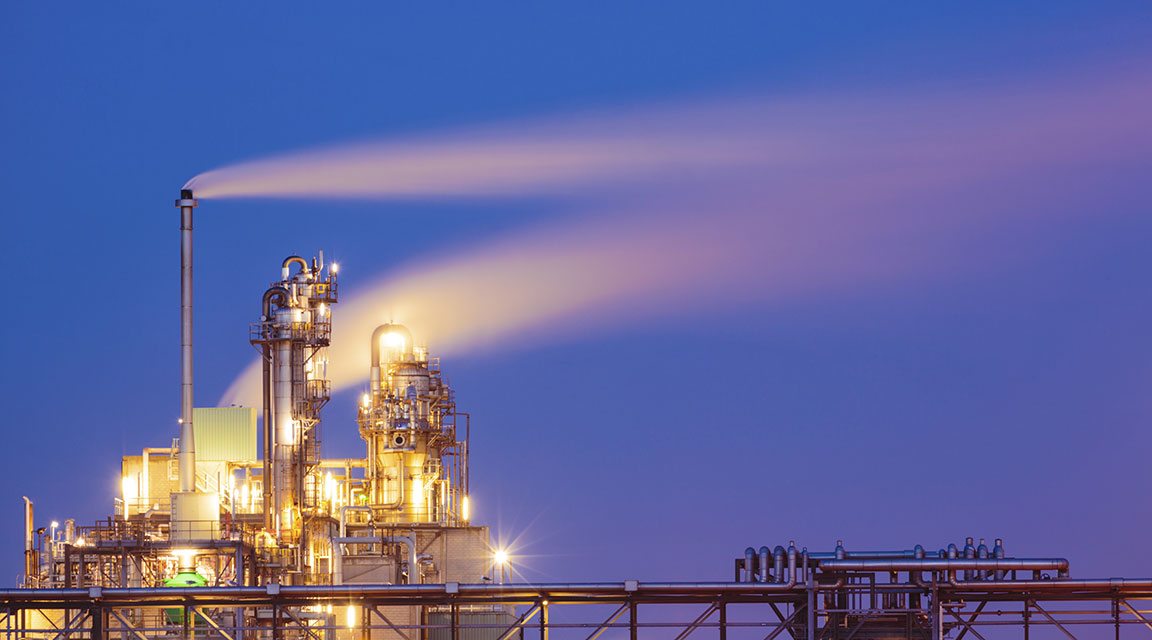

Petrochemicals companies expect production costs to increase by at least 5 per cent
Saudi Arabias decision to reform subsidies on fuel and electricity over the next five years is set to push up production costs for petrochemicals and cement producers.
Petrochemicals companies in Saudi Arabia, the regions largest producer, are expecting production cost hikes of at least 5 per cent when the kingdom rolls out its plan, aimed at cutting government spending amid a crash in state oil revenues.
Energy-intensive industries and producers using gas as a feedstock in Saudi Arabia and the GCC have long enjoyed a global competitive advantage, receiving highly-subsidised gas liquid fuels from state oil companies.
New research by Arab Petroleum Investments Corporation (Apicorp) details the potential increase in production costs for some of Saudi Arabias largest industrial companies including Sabic, one of the worlds largest petrochemicals producers.
| Product | Old price | New price | Percentage increase (%) |
|---|---|---|---|
| Natural gas ($/mmbtu) | 0.75 | 1.25 | 67 |
| Ethane ($/mmbtu) | 0.75 | 1.75 | 133 |
| Gasoline, high grade ($/litre) | 0.16 | 0.24 | 50 |
| Gasoline, low grade ($/litre) | 0.12 | 0.20 | 67 |
| Diesel transport ($/litre) | 0.07 | 0.12 | 79 |
| Diesel industry ($/barrel) | 9.11 | 14.10 | 55 |
| Arab light crude ($/barrel) | 4.24 | 6.35 | 50 |
| Arab heavy crude ($/barrel) | 2.67 | 4.40 | 65 |
| Kerosene ($/barrel) | 23.00 | 25.70 | 12 |
| Source: Apicorp calculations | |||
Sabic said that as a result of fuel and electricity price hikes its annual cost would increase by more than 5 per cent, Apicorp said in a research note release on 11 January.
At the same time, Saudi Arabia Fertilizers Companys (Safco) production costs are expected to increase by 8 per cent, while Yanbu National Petrochemical Companys (Yansab) costs are set to rise 6.5 per cent. Saudi Cement Company announced that its production costs would rise by SAR68m ($18.1m).
Higher energy costs increase input costs for industries, reducing profits, said Apicorp in its research note.
This is especially true for energy-intensive industries that are not able to pass on the cost increase to end buyers, either cue to the competitive structure of the industry (petrochemicals) or the imposition of price controls (cement), it said.
Apicorp is a multilateral development bank supported by the 10 member states of the Organisation of Arab Petroleum Exporting Countries (Oapec). It invests in the Arab energy sector through loans and equity stakes.
Petrochemical producers in the GCC are already struggling with a significant drop in prices and renewed competition from North American producers on the back of the unconventional gas boom.
Saudi Arabia increased fuel prices with immediate effect as part of its 2016 budget announcement in late December. But Riyadh also plans to roll out a gradual five-year reform that covers a wide range of fuels including natural gas, gasoline, diesel and electricity, as well as water.
Methane was raised to $1.25 a million British thermal units (BTU) from $0.75 a million BTU, while the ethane price was increased to $1.75 a million BTU from $0.75 a million BTU.
The impact of these price increases will be mainly felt in the power sector, which account for the bulk of ethane and gas consumption, said Apicorp.
You might also like...

Arada awards $167m Masaar construction contracts
16 April 2024
A MEED Subscription...
Subscribe or upgrade your current MEED.com package to support your strategic planning with the MENA region’s best source of business information. Proceed to our online shop below to find out more about the features in each package.







